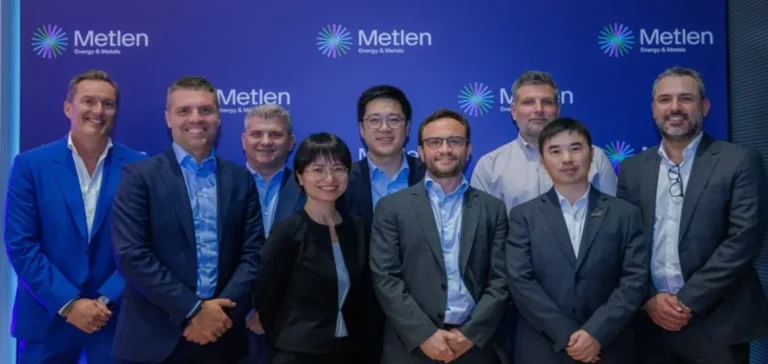Jinko ESS, a global battery energy storage organisation, and Metlen, an industrial and energy company, executed a frame agreement in Athens on June 24 to deploy over 3GWh of utility-scale capacity. The accord expands on their 1.6GWh project under construction near Santiago and due for completion by the fourth quarter of 2025. It establishes standardised commercial terms for subsequent sites in Chile and several European Union member states. PR Newswire reported the signing on June 24.
Partnership targets grid flexibility
The companies said the framework enables call-off orders and harmonised warranties, cutting lead times that have slowed previous storage roll-outs. Jinko ESS will supply its second-generation G2 Utility lithium-iron-phosphate systems, while Metlen manages engineering, procurement and construction. Mr Fangkai Zhou, chief executive officer of Jinko ESS, stated that combining “technological innovation” with Metlen’s infrastructure experience “creates an unmatched value proposition for grid operators”. Analysts note that Chile’s national grid aims to add six percent storage penetration by 2028.
Metlen’s executive director for M Renewables, Nikos Papapetrou, said the group controls a twelve-point-seven-gigawatt renewable pipeline, including two-point-six gigawatts of storage. He described the new agreement as a route to “unlock large-scale, resilient energy infrastructure” in markets with rising intermittent generation. According to corporate filings, forthcoming projects will integrate batteries with hybrid solar and wind plants to stabilise frequency and absorb curtailment. Research consultancy LCP Delta estimates Latin America’s utility-scale storage demand could reach five gigawatt-hours annually by 2028.
Standardised framework eases financing
By fixing technical specifications upfront, the partners expect to shorten due-diligence cycles for lenders and insurers. Metlen targets financial close for the next Chilean tranche in early 2026, although investment figures were not disclosed. Industry data show storage can account for up to forty percent of total project capital expenditure; economies of scale are intended to lower that share. Cell-price inflation has eased since late 2024, narrowing procurement risk for large buyers.
European regulators are introducing capacity-remuneration mechanisms that reward standalone batteries, a trend both firms intend to leverage. Jinko ESS has lifted annual manufacturing output to twelve gigawatt-hours, placing it among the three largest non-Chinese suppliers. Commissioned storage sites in continental Europe more than doubled to five-point-four gigawatt-hours in 2024, according to LCP Delta. “This framework gives us the reliability we need to commit capital at the pace required by the energy transition,” Papapetrou said.






















